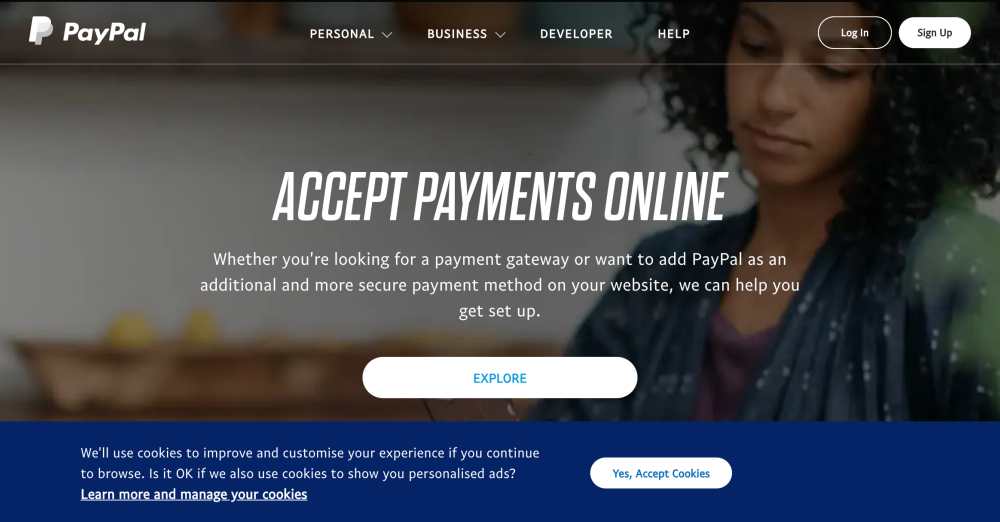What is PayPal fraud and how to avoid it

Online safety is no joke these days, especially seeing as pretty much all the essential services in life now exist online. Just think about it: one wrong turn online could lead nasty criminals directly to your sensitive personal information, with stuff like your bank balance easily decimated in the process.
Seriously, we love to have fun at Winzum, but this is a topic that we have to approach with the utmost seriousness – no ifs, no buts. PayPal scams and PayPal fraud are some of the most common ways in which cybercriminals will try and access your accounts, taking advantage of the streamlined PayPal process that made it so appealing in the first place.
We’ve explored the dangerous world of phishing already here [what is phishing], and how to prevent it [best way to stop phishing scams], so now we thought it was about time to turn our attention to PayPal fraud and how to avoid it. Online safety is the name of the game here, and at Winzum we’re helping you stay as secure as possible!
What is PayPal fraud?
Although the phrase PayPal fraud seems pretty self-explanatory, it is always a good idea to get into the nit and gritty with things like this, because the more detailed your understanding is, the safer you are going to be. PayPal is one of the most heavily used methods of monetary transaction in the world, so it is only natural that nasty cybercriminals target it more than other platforms.
PayPal fraud can come in many different shapes and sizes, however it usually revolves around a fraudulent financial transaction, usually as a result of some kind of deception. PayPal scams are very common, but they don’t have to be dangerous if you know what to look out for with them.
Common examples of PayPal fraud
As we have mentioned, there are various common examples of PayPal fraud, so let’s take a look at some of the most frequently encountered here. For instance, when selling items and accepting payment over PayPal it is important to make sure the shipping is done completely on your terms, because there are several ways in which criminals can reroute the package and then claim it was never delivered, hence meaning you have to pay compensation.
Another thing to be careful of is customers intentionally overpaying you via PayPal, as this unlocks the possibility for PayPal fraud to be enacted when you send them the difference.
Essential steps to take to combat PayPal fraud
Although PayPal fraud is rife in the 21st century, it isn’t something that is impossible to escape – quite the opposite. You see, most PayPal fraudsters try their methods again and again, hoping that 1 in 100 people will fall for the scam they are trying to pull.
If you stay vigilant whilst using PayPal and make sure you know about some of the most common ways that people try and scam you there shouldn’t be too much to worry about. And as always, keep your passwords safe!